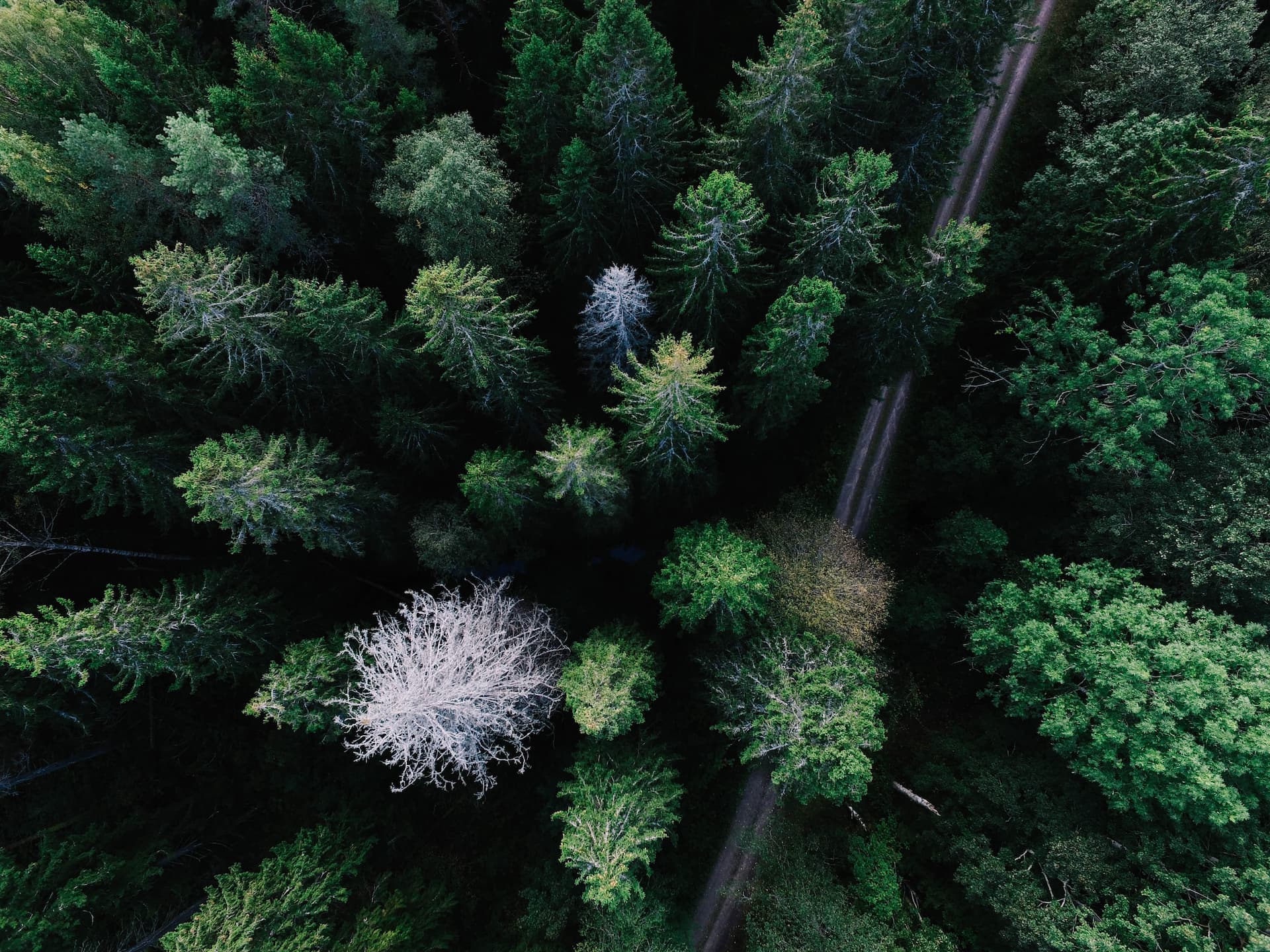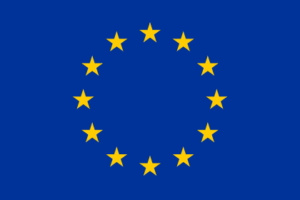Authors: Andrew Collins, Krista Doersch, Laura Herszenhorn, Rebecca Johnson, Clea Matson, and Alison Young
California Academy of Sciences – CITIZEN SCIENCE TOOLKIT
https://www.calacademy.org/educators/citizen-science-toolkit
Anyone, anywhere can be a scientist
Citizen science democratizes the scientific research process by lowering the barriers to entry and raising the impact of civic engagement. Using simple tools and everyday technologies, novices with little expertise living anywhere in the world can make and share critical contributions to authentic investigations. The citizen science experience makes science more accessible, expands the view of science beyond a laboratory, and empowers students to identify as active agents of scientific discovery. Through technology, the impact of participation moves beyond a single classroom or school to a greater civic and scientific community.
There remain unanswered questions in science.
Scientists have described less than 15% of all the species believed to exist on Earth and we know more about the surface of Mars than we do about our own ocean floor. Though science has made tremendous progress in the effort to understand the diversity of life and how things work, there is still much to learn, and every thrilling discovery raises equally exhilarating questions. Citizen science gives participants insight and exposure to the idea that there remain mysteries to solve, that the internet does not hold all the answers, and that science is a dynamic and ever-changing process of pursuing curiosity.
Science serves society.
Society needs a scientifically literate populace. Science is a framework and method for the exploration and understanding of how the world works. We rely on scientific knowledge to help identify and solve societal problems. For example, an understanding of decomposition and energy cycles can inform decisions about waste management, and considering chemical interactions can lead to policies that protect our clean water supply. Through citizen science, students strengthen their scientific literacy and use their skills to assess and address real issues.
Curiosity and fun drive scientific research.
All that we know about the nature of the universe is a result of human curiosity and agency. Over the course of history, people have posed questions and pursued investigations. Students who participate in citizen science recognize that new scientific discoveries can be made by anyone and that systematic follow through can yield satisfying results. For many, the process of exploration and discovery is delightful, enthralling, and a tremendous amount of fun. Whether they choose to make science their career or engage in it as a hobby, citizen science provides everyone with the chance to learn about the world while contributing to greater good.
User Type
- Teacher/school
Resource type
- Step by step guides
Research Field



